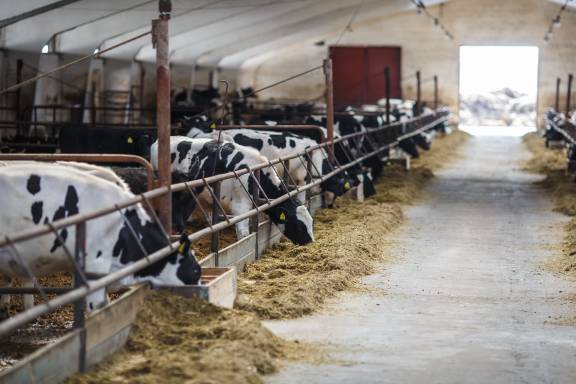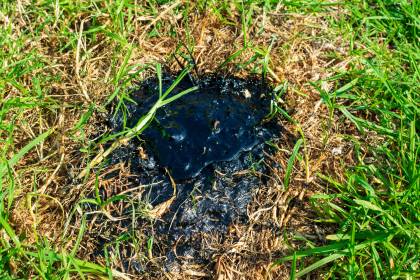Pasta is a favorite dish for many people! What’s yummier than a plate of spaghetti and meatballs? But what happens if your dog finds dry, uncooked pasta noodles and eats them?
Connect with a verified veterinarian in minutes. Licensed vets are available 24/7 to answer your questions. No need to worry about your furry family member.
Has your dog eaten uncooked pasta? Are you worried the uncooked pasta will make your dog sick? If so, then you’ve come to the right place. We understand it’s scary when your dog eats something he shouldn’t.
In this article, we’ll take a look at uncooked pasta and whether or not it can make your dog sick. Let’s get started!
What is Uncooked Pasta?
There are two types of uncooked pasta—fresh and dried. There are some differences between these two types of pasta.
Dried pasta is usually made from semolina flour, water, and salt. It doesn’t contain eggs. It can be stored at room temperature almost indefinitely. This type of pasta usually has a rough surface and is air-dried.
On the other hand, fresh pasta is made with eggs and water. It has a smooth surface than air-dried pasta. This type of pasta also needs to be kept in the fridge to maintain its freshness. It is always served al-dente.
While these types of pasta are safe for humans, what about dogs?
Uncooked Pasta & Dogs
The good news is that neither type of pasta is toxic for dogs! However, either type of pasta could cause digestive issues if eaten uncooked.
Another thing to consider is that a dog may be allergic to the pasta’s ingredients. Some dogs may have very bad allergies to wheat, eggs, and more.

Review symptoms, medications & behavior to keep your pets healthy with a Vet Online in just minutes.
Ask a Vet Live NowSymptoms of Uncooked Pasta Ingestion in Dogs
You may notice these symptoms if your dog eats uncooked pasta:
- Diarrhea
- Vomiting
- Nausea
These symptoms should not last longer than 24 hours. If they do, it’s time to call the vet. The concern is that continuous vomiting and diarrhea can lead to dehydration.
You may notice these symptoms if your dog has an allergic reaction to uncooked pasta:
- Diarrhea
- Vomiting
- Nausea
- Hives
- Red, irritated skin all over
- Swollen muzzle & mouth
- Difficulty breathing
If your dog is showing any of these symptoms, call the vet immediately. This could be an emergency. Your dog’s allergic reaction needs to be treated as soon as possible.
In most cases, dogs who eat uncooked pasta will be OK. They may experience some digestive issues, but these should go away after 24 hours.
Dogs who have an allergic reaction to the ingredients in uncooked pasta must be treated as soon as possible. These dogs have an excellent chance of making a full recovery after their allergic reaction!
Connect with a verified veterinarian in minutes. Licensed vets are available 24/7 to answer your questions. No need to worry about your furry family member.

Julie
Julie is a graduate of the University of North Carolina, Wilmington, where she studied Animal science. Though contrary to the opinion of her parents she was meant to study pharmacy, but she was in love with animals especially cats. Julie currently works in an animal research institute (NGO) in California and loves spending quality time with her little cat. She has the passion for making research about animals, how they survive, their way of life among others and publishes it. Julie is also happily married with two kids.
Review symptoms, medications & behavior to keep your pets healthy with a Vet Online in just minutes.
Ask a Vet Live Now




